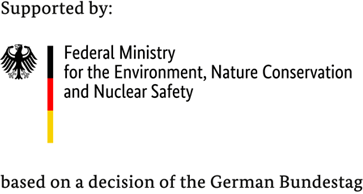INTERACT-Bio Thematic Atlas: Nature's Benefits to Dar Es Salaam
Dar es Salaam (DSM) is one of the fast growing metropoles in the world. The population, located across five municipalities – Kinondoni, Ilala, Ubungo, Temeke and Kigamboni – is estimated to grow by about 1000 inhabitants per day. The metropolitan region currently has approximately 6 million residents and this number is expected to rise to over 10 million by 2030. How can all citizens of Dar es Salaam live in a safe environment, enjoy a good quality of life and make a sustainable living?
Healthy and functioning urban ecosystems are part of the solution to the challenges of rapid urban growth. Cities are man-made, but all built infrastructure has a natural base and is embedded in a landscape. Each landscape has natural processes such as water, carbon and nutrient cycles. People are part of this landscape, as they live in it, transform it, and depend on it. DSM’s natural places, public greenspaces and adjacent rural areas meet fundamental human needs, such as safe drinking water, temperature regulation, or protection from floods. However, DSM is losing greenspace at a fast pace. In fact, many cities around the world witness the loss of healthy ecosystems and nature. From other places we know: The earlier greenspace losses can be stopped and reversed, the better the chances for safe and good living conditions in a growing city.
The Atlas has been developed in the context of two projects: INTERACT-Bio and UNA Rivers – both led by ICLEI – Local Governments for Sustainability.


